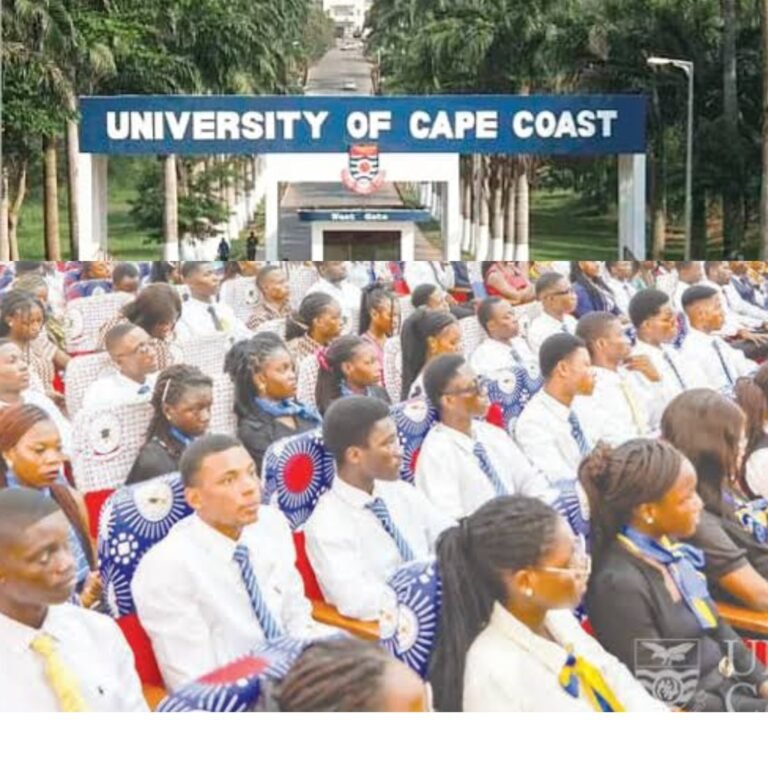
NPP flag
The New Patriotic Party had over the years been largely successful in rolling out its internal elections. This was essentially because the party has a track record for designing and rolling out effective processes both for internal as well as national or general elections.
Regardless of the processes being expanded to take on more numbers, the party had managed to keep a tradition of discipline, from constituency through regional to national elections. The saga of party activists being intimidated or arbitrarily blocked from participation had not been part of the tradition of the founding fathers of the party.
Indeed, so exemplary had been the design and implementation of such democratic exercises that opposition parties, particularly the National Democratic Congress, had been compelled to emulate the NPP, though with particular difficulties.
This is not to say that conflicts do not arise in carrying out those processes; but that when they do, regional or national executives, since 2000, had been largely up to the game in making the needed interventions, even when the cases involved big fishes like incumbent chief executives, MPs, Ministers or top appointees.
Disturbing trends
That is why it becomes disturbing when polling station elections turn rancorous, with some aggrieved individuals and groups resorting to the use of arms to get justice.
Though the brewing cases of rancour have not been on a large scale, they turn to affect the credibility of the party, especially when the flashpoints include elite constituencies like Manhyia and Fomena – both in the Ashanti Region.
It becomes worse when those who have been mandated to roll out the processes are cited as being suspects in disrupting the processes, by blocking others of access to the very processes that help strengthen the party.
Referee and player
Of course, we admit that apart from the mandate the elections committees generally carry, exiting constituency, regional and national executives have some legal powers in supporting the processes to work to deliver new executives or retain candidates who have proved themselves to be competent stewards.
When such privileges are, however, abused by those responsible to turn out peaceful and fluid results by the very hallowed processes, then we have cause to worry that the canker may fester, if it goes unchecked, and give the disease a national colour.
That is why it is important that incumbent executives across board commit themselves to the very processes that brought them to power in sustaining the impeccable tradition of the party.
It is against this background that we urge all executives to note that they are not above the law when such processes are being rolled out. They should equally be advised that they do not have special privileges that allow them to take advantage of others to get themselves back to power – even when their performance has been below average as party leaders.
Holding the horses
In sounding that note of caution, we believe the MP for Assin Central was right when he demanded in a recent statement in the media that people taking part in the processes must be allowed to make their choices ‘voluntarily’, without promptings from regional or national executives who have clear, unambiguous interests in the processes.
Support for the party must be total and positive, without undue, mercenary influences that tend to weaken the party at the seams into the next elections.
Already, the socio-economic turbulence afflicting the global community has put too much pressure on the government that propagandists appear to be having a field day selling their rotten wares in winning over cheap, vulnerable constituencies.
It is therefore important that the NPP refuses to be driven by appetites that disunite rather than consolidate the gains of the party, with a supreme, divine vision and mission to take Ghana to the next level.




